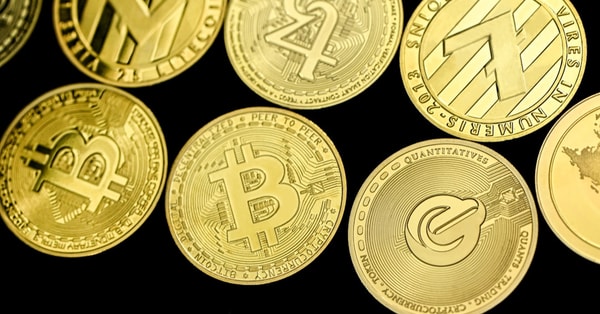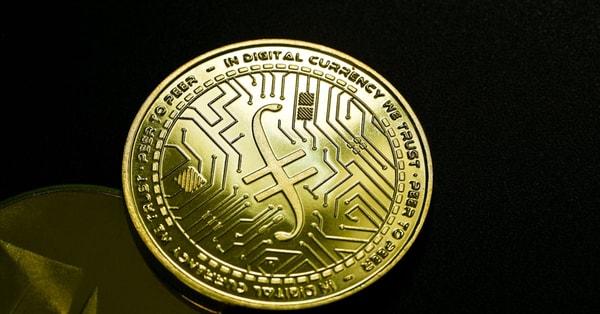Russia Intensifies Attacks on Ukraine's Energy Sector Amid Tensions
Russia's recent attacks on Ukraine's energy infrastructure have led to widespread power outages, raising concerns about winter stability.
As the conflict in Ukraine continues to escalate, a significant barrage of Russian attacks targeted the nation's energy infrastructure, resulting in widespread power outages across multiple regions. This alarming update was reported early Saturday by Svitlana Grynchuk, Ukraine’s energy minister, who stated, “The enemy is massively attacking Ukraine’s energy infrastructure again. Because of this, emergency power outages have been introduced in a number of regions of Ukraine.” She assured that these outages would be lifted once the situation within the energy system stabilizes.
Late Friday evening, drone strikes struck energy facilities in the southern Odesa region. Regional governor Oleg Kiper confirmed the incident, noting, “There was damage to an energy infrastructure facility,” but thankfully reported no casualties. In response to these challenges, Ukraine’s Naftogaz announced plans to import a minimum of 300 million cubic meters of US liquefied natural gas through a partnership with Poland’s Orlen, a prominent gas trader and pipeline operator. This strategy aims to ensure stability during the heating season ahead. Grynchuk confidently stated, “Despite the enemy’s plans, Ukraine will have light and heat this winter.”
On the military front, President Volodymyr Zelenskyy revealed on Friday that Russian forces are gathering troops near Vovchansk, located in the northeastern Kharkiv region of Ukraine. During a press conference in Kyiv, Zelenskyy commented on Russia's offensive against the eastern city of Pokrovsk, suggesting that Moscow's actions were intended to showcase battlefield achievements to US President Donald Trump.

The Institute for the Study of War reported that Russian troops had made slight advancements near the largely devastated and partially Russian-held city, aiming to bring Kharkiv within reach of their tube artillery. Ukrainian military units recounted an incident where Russian soldiers filmed themselves raising a flag in Vovchansk, only to be swiftly targeted and eliminated by Ukrainian drones.
Amid these military developments, the Kremlin faced rumors regarding the status of Russian Foreign Minister Sergei Lavrov. Speculation arose that Lavrov, aged 75, may have fallen out of favor with President Vladimir Putin. Lavrov was notably absent from a significant Kremlin meeting this week, which he typically would attend, and Putin appointed another individual to represent Russia at the upcoming G20 summit in South Africa— a role traditionally filled by Lavrov. For two consecutive weeks, the foreign ministry has refrained from disclosing Lavrov’s travel plans and speaking engagements.
Kremlin spokesperson Dmitry Peskov addressed these rumors, asserting that there was “nothing true” about claims suggesting Lavrov was in trouble.
In international relations, the United States has provided Hungary with a one-year exemption from sanctions on Russian oil and gas, as indicated by a White House official. This announcement coincided with Hungarian Prime Minister Viktor Orbán’s visit with Trump on Friday. The White House noted Hungary's commitment to purchasing approximately $600 million worth of US liquefied natural gas, strengthening their energy ties.

On another front, the European Union has implemented new visa requirements for most Russian nationals, mandating that they apply for a new visa each time they travel to the EU. This decision follows numerous acts of sabotage across various European countries that have been linked to Russian operatives. The European Commission emphasized that this policy allows for “close and frequent scrutiny of applicants to mitigate any potential security risk.”
The ongoing conflict in Ukraine underscores a complex web of military maneuvers, energy challenges, and international diplomacy. As Russia intensifies its attacks on Ukraine’s energy infrastructure, the repercussions are felt far beyond its borders, influencing geopolitical dynamics in Europe and the United States. With the winter season approaching, the Ukrainian government is determined to maintain energy stability despite the adversities posed by the conflict, while the international community continues to monitor the evolving situation.
Tags:
Related Posts
10 Tips to Maximize Your Remote Work Productivity
Struggling to stay focused while working from home? Check out these 10 practical tips to boost your productivity and find the right work-life balance.
Unlocking 2024: 5 Game-Changing Data Analysis Trends
Discover how predictive analytics and AI are reshaping business strategies in 2024. Get ready to make smarter decisions powered by data!
Lights, Camera, Action! Your How-To Video Guide
Ready to dive into the world of how-to videos? Join me as I share my favorite tips for crafting engaging and effective tutorials that shine!
Top E-Commerce Trends to Watch in 2024
Curious about what's shaping online shopping this year? Discover the key e-commerce trends for 2024 and how to adapt your strategy for success!
Discover 7 Surprising Benefits of Journaling for Clarity
Struggling to find mental clarity? Discover how journaling can boost your personal growth and transform your thoughts into actionable insights.
Boost Your Work Focus: 10 Proven Tips You Can Try Today
Struggling to stay focused at work? Discover 10 science-backed tips that will help you sharpen your concentration and boost your productivity.